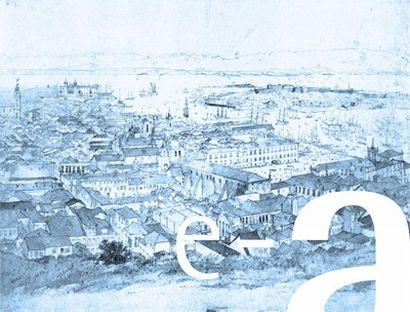José Bonifácio, Shakespeare and the greeks: the language of Brazil and the national image
DOI:
https://doi.org/10.11606/issn.1808-8139.v0i4p83-92Keywords:
nation, Independence, literature, modernityAbstract
This paper analyses the relationship between politics and poetry in Brazil in the first half of the eighteenth century. José Bonifácio's reflections on poetry and translation are considered symptoms of the exhaustion of a set of classical values that have oriented his generation. In 1825 Bonifácio was conscious about the necessity of building up a new space of experience able to guide the new Brazilian Empire in the construction of its destiny. The enlightened rationalism crisis, deepened by the conflicts generated by the Brazilian Independence process, demanded the formulation of new forms of collective identity. Bonifácio tried to overcome both the colonial hierarchical mosaic of identities and the cold cosmopolitism of enlightened rationalism.Downloads
Download data is not yet available.
Downloads
Published
2006-11-01
Issue
Section
Articles
License
In the Editorial Guidelines, available in the website, readers are informed that all authors transfer to Almanack Braziliense the exclusive rights of reproduction of submitted manuscripts, implying acceptance of all items listed in the “Submission Guidelines” page. Authors are also informed that they are fully responsible for the reproduction rights of the images they provide.
The Journal has no constraints regarding the free reproduction of the texts available in the website, either by printing, photocopying or by any other means of reproduction.



